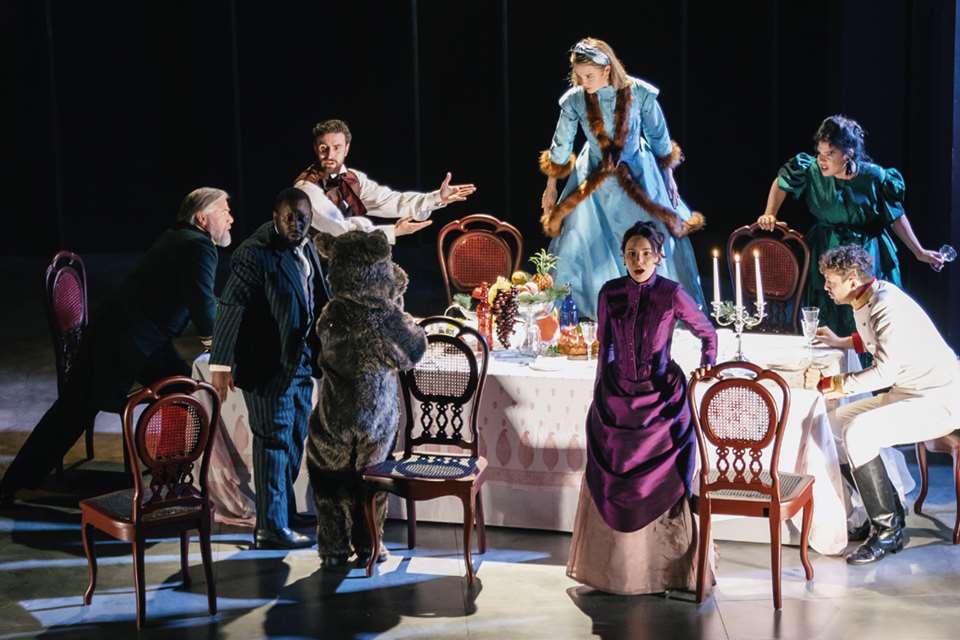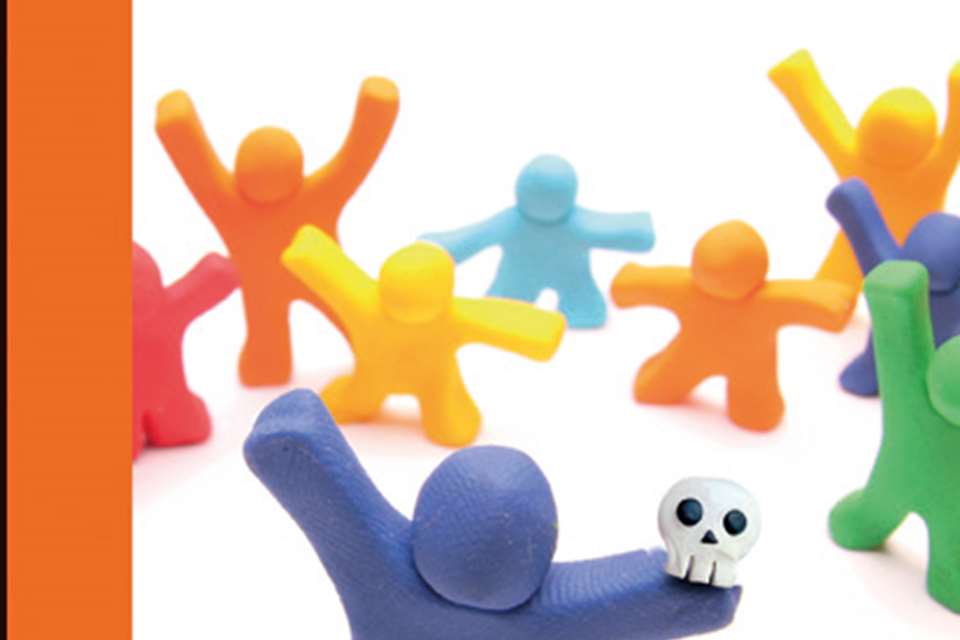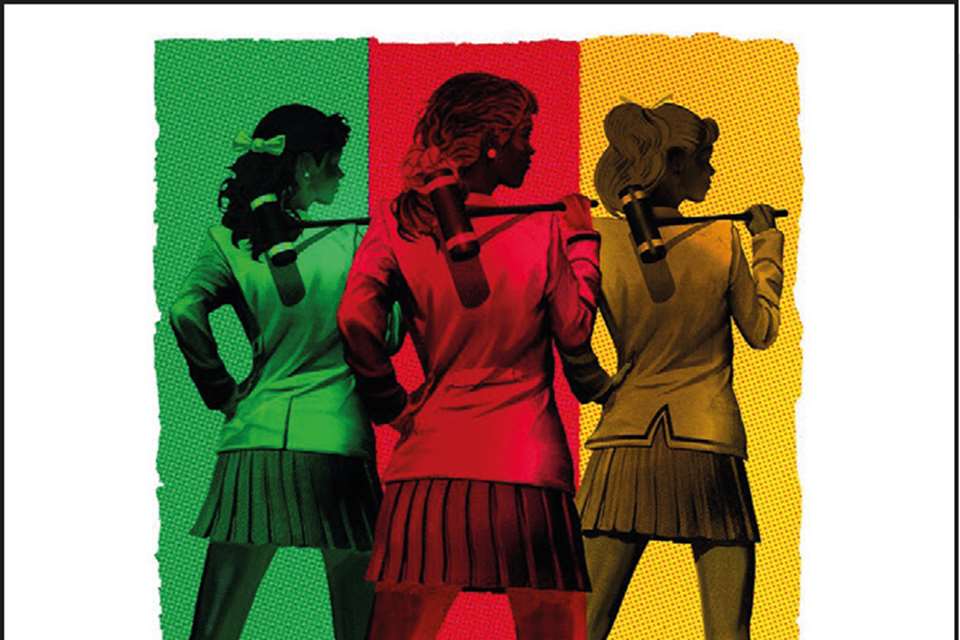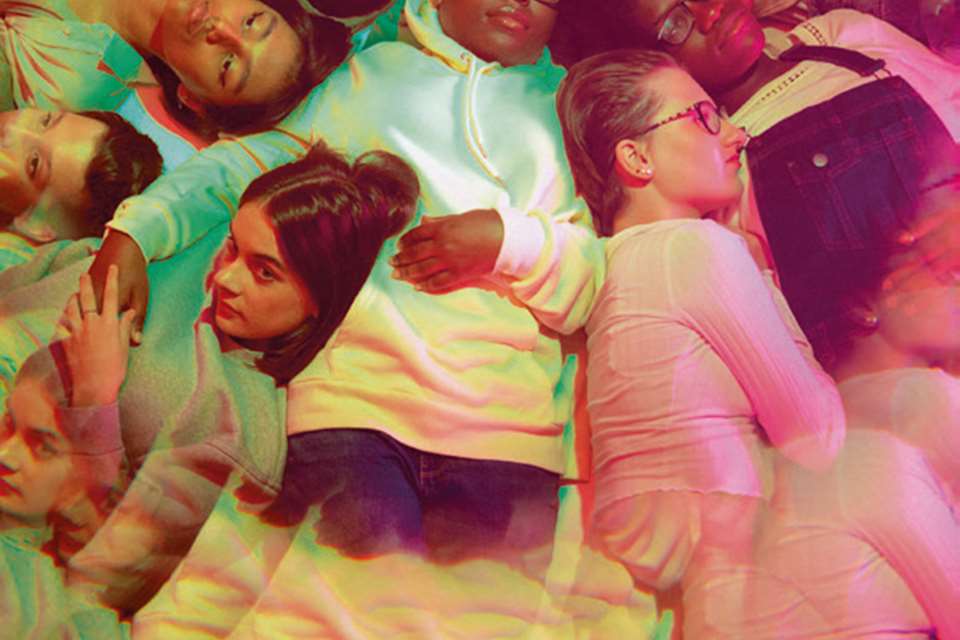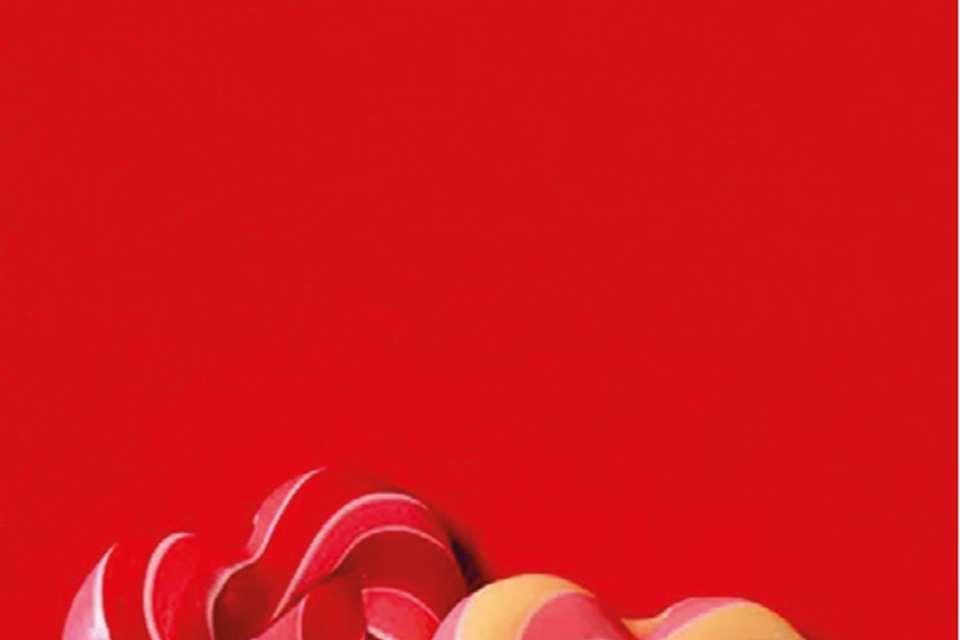Review: The Effect, National Theatre
Hattie Fisk
Sunday, October 1, 2023
The National Theatre's revision of The Effect is 'a thoroughly stunning, stripped-back production, perfect to unpack with GCSE and A Level classes', says Hattie Fisk.
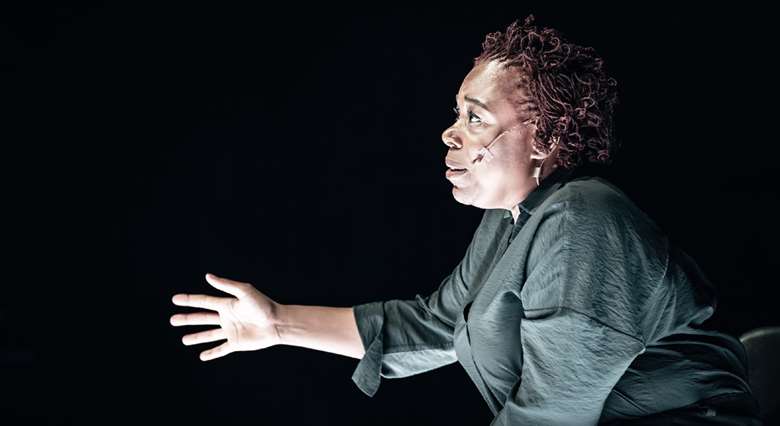
Marc Brenner
Stripped back with a traverse stage, Jamie Lloyd's take on the revival of Lucy Prebble's The Effect is slick and unsettling. From the writer of TV shows I Hate Suzie and Succession, it is no surprise that Prebble's production features comical quips and easy, believable dialogue, making it a well-used text in the A Level classroom. It is a production that lends itself well to unpacking with students, providing teachers with the chance to explore four complex characters that grow and change with minimal set or design features getting in the way.
With smooth direction, no props or set pieces and flashing lights suspended above the open led-lit floor, Prebble herself described the new productions as ‘a gig meets autopsy’. The traverse stage amplifies a sense of being watched as one can physically see other members of the public opposite themselves.
Focusing on a drug trial for a new antidepressant, Connie (Russell) and Tristan (Essiedu) fall in love but are unable to distinguish if the result is due to the experiment or not. The playful casting of Paapa Essiedu and Taylor Russell opens the production to young people in a way the 2012 production featuring Billie Piper did. The central characters have depth and curiosity; they are able to get to know each other slowly with no distractions, monitored by Dr Lorna James (Michele Austin) and psychologist Dr Toby Sealey (Kobna Holdbrook-Smith).
At one point when Connie states she has an increased level of hearing in the experiment, George Dennis's sound design comes into play, making the audio repeat around the room with a new crispness. This was Russell's stage debut, but it was clear that she was well trained and rehearsed behind the scenes, displaying confidence that belies her age.
There is a comical relationship between medical environments and real life throughout the production: the characters ask how much of real life can be reflected in an experiment, but ultimately ending up blending real life with their medical responsibilities. Prebble leaves the audience pondering how much of our decisions and reactions are human nature, and how much we truly have power over. A thoroughly stunning, stripped-back production with a strong pace to it, this is perfect to watch and discuss with GCSE and A Level classes.



